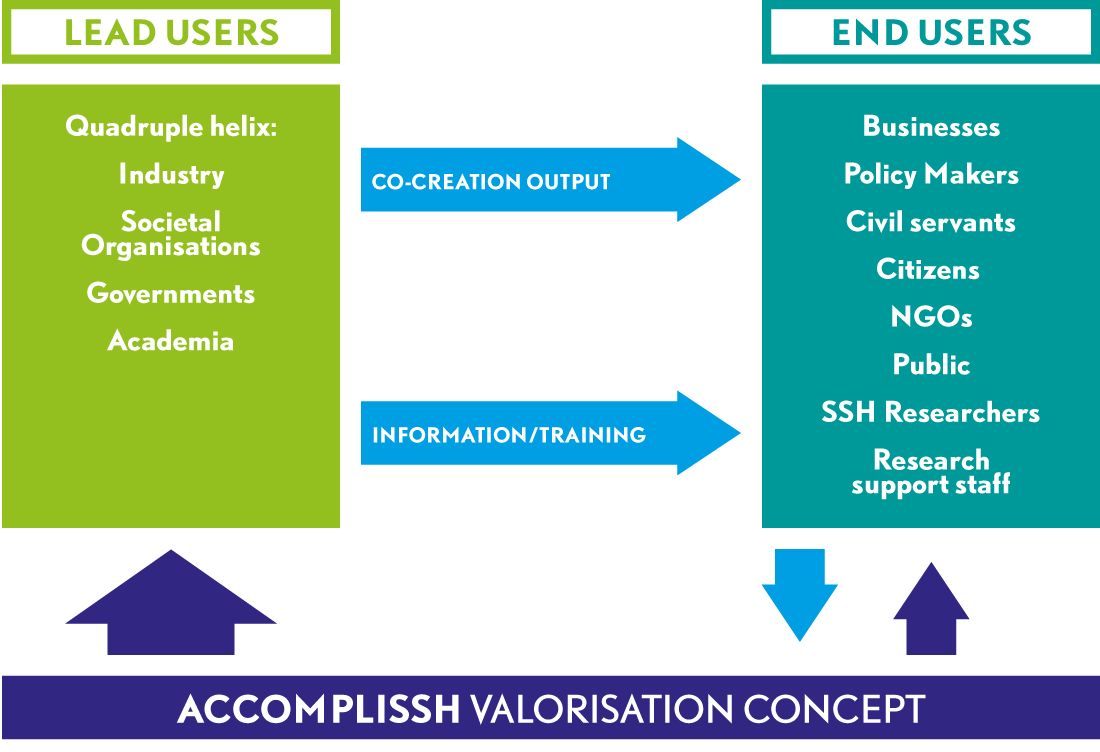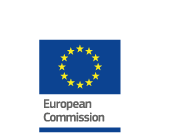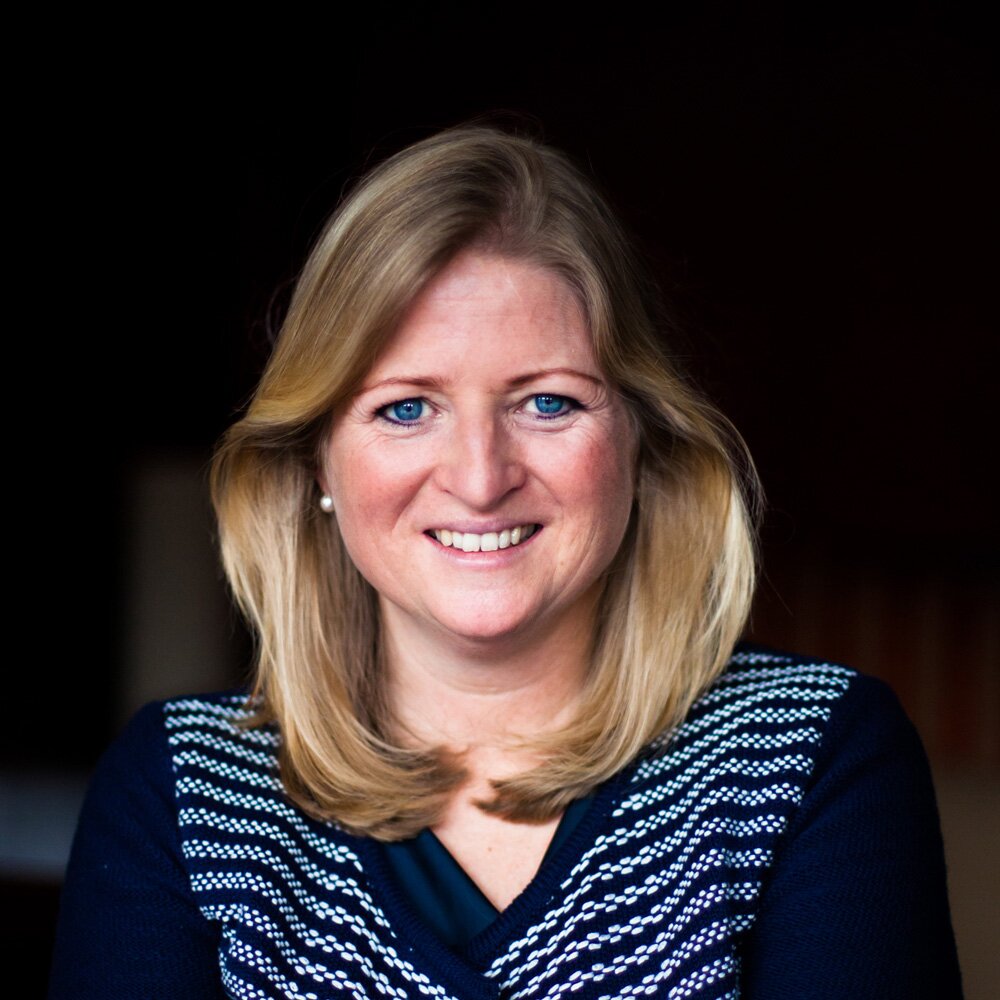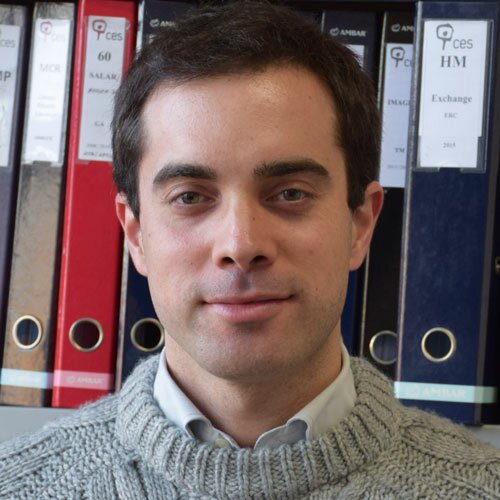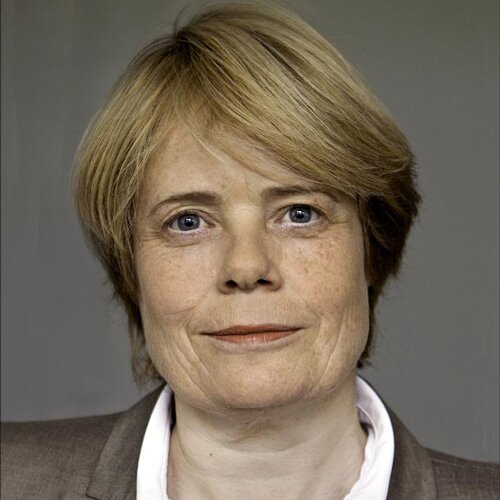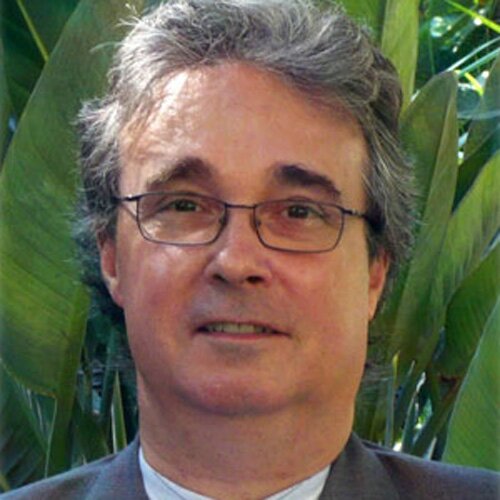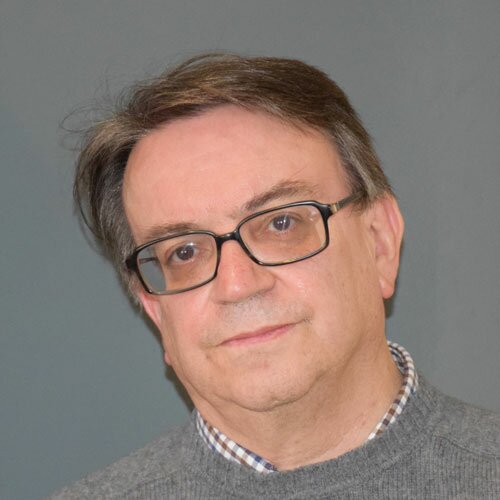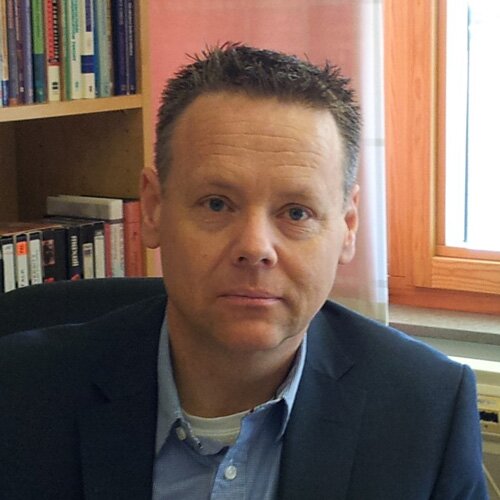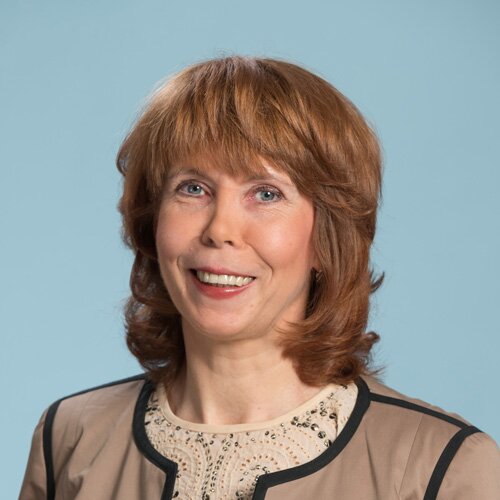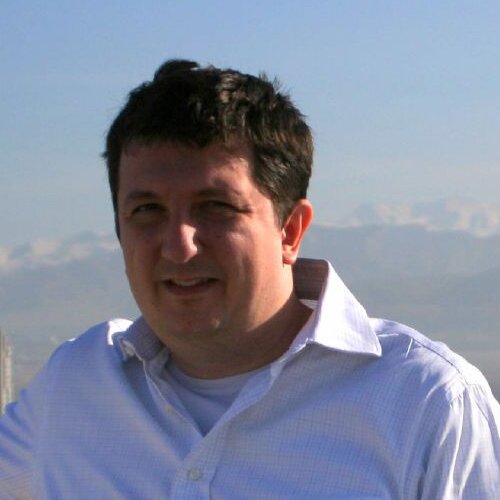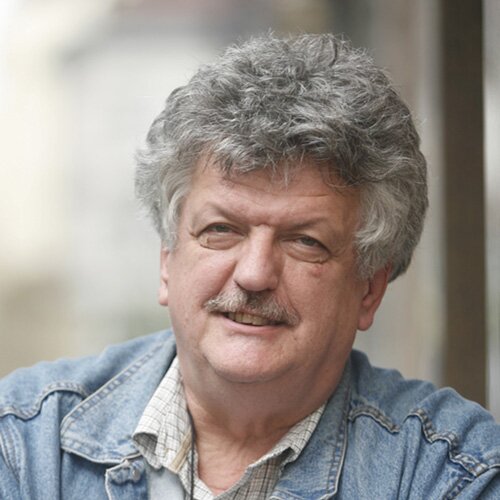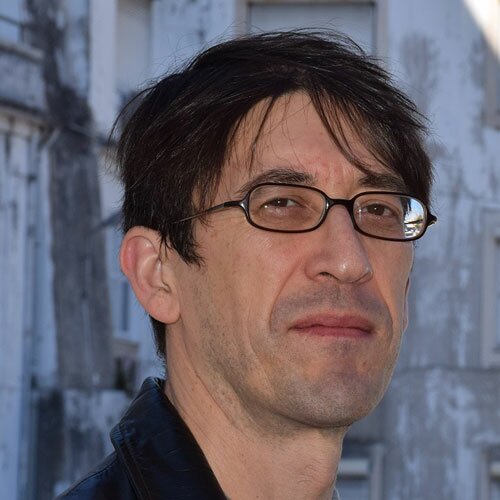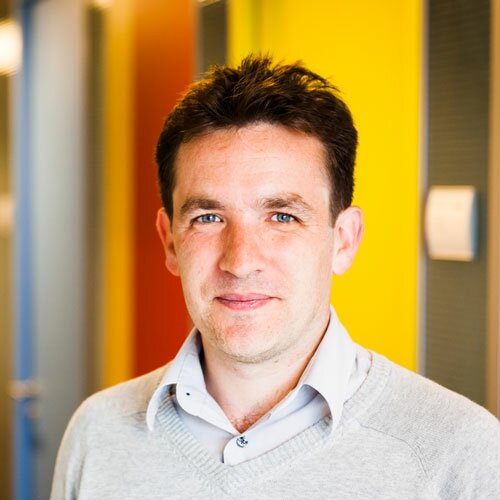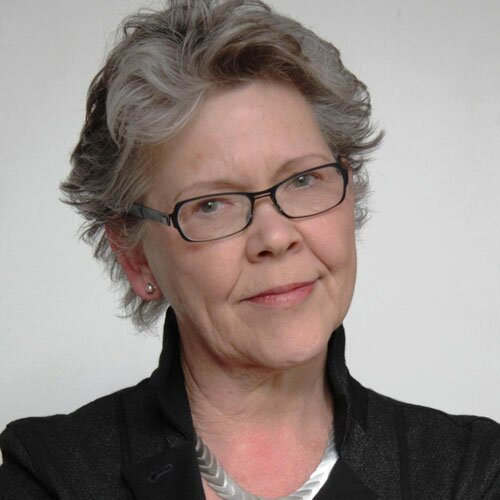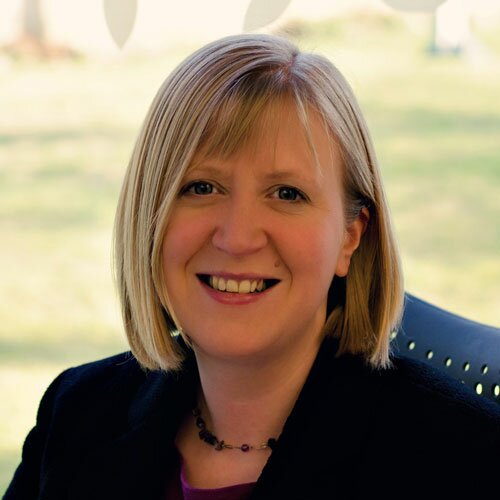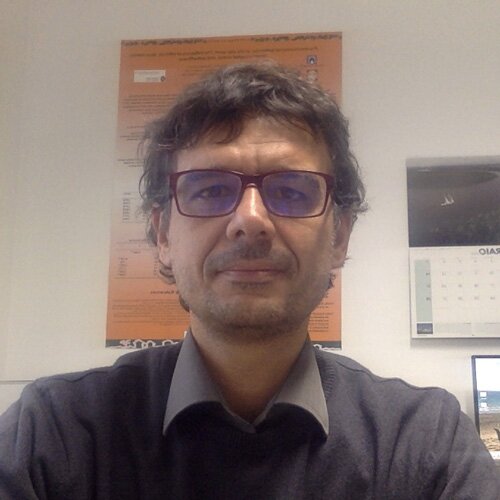The carefully chosen acronym ACCOMPLISSH stands for: Accelerate co-creation by setting up a multi-actor platform for impact from Social Sciences and Humanities. It covers the project in a single word: we will accomplish the challenge of creating an innovative valorisation concept that will strengthen the position and impact generation of SSH research and contribute to innovation for a variety of lead-users and end-users.
Traditional valorisation approaches focus on linear processes: from academia to society. In order to bring valorisation to a higher level, all relevant actors need to cooperate in an equal setting: co-creation. Co-creation transcends boundaries, but it does not happen naturally. Therefore, the ACCOMPLISSH consortium, consisting of 14 universities from 12 countries, will actively involve the other partners from the so called Quadruple Helix (industry, governments and societal partners) within the project. The project has chosen an Open Innovation approach.
The ACCOMPLISSH project will set up a dialogue platform with representatives from academia, industry, governments and societal partners. The ACCOMPLISSH dialogue platform is organised in such a way that academia, industry, governments and societal partners equally contribute in identifying barriers and enablers of co-creation. The results from both practice and the theory of co-creation form the basis of the valorisation concept and will be tested in the project in a quadruple helix setting. This concept will be tested and developed in such a way that it is transferable, scalable and customized for academia, industry, governments and societal partners in the whole of Europe.
